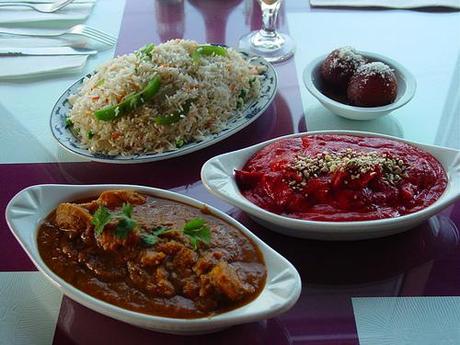
When most of us think about climate change, especially with regard to our impact on it, we see the main culprit as transportation. Each day as we close our garage doors and drive off to our jobs in the city, we think about this impact. This has led many to change their views on transportation. Some are buying hybrids or electric cars, some are commuting, some are using public transportation, and some are even using human powered transportation – walking and biking to where they need to go. But this is not the only culprit in climate change, and it is not the only area that we can stand to improve upon.
Food waste is a true tragedy for a number of different reasons. In a world where people go hungry on a regular basis, it is shameful to think of others egregiously wasting food. The sad reality is that it happens. A lot. A recent study showed that as much as 40% of our food supply – nearly half - is lost to waste and spoilage each year. What makes it worse is not just that this food could be put into the mouths of those who could really use it, but that this waste might also be accelerating the rate of climate change. Talk about a double negative.
A company called CleanMetrics sought to find out the actual impact – in terms of greenhouse gases – this food waste has on our planet. They found that each year, the food wasted in the United States results in 135 million pounds of greenhouse gas emissions. While this only works out to being 1.5% of total greenhouse gas emissions, it is all from waste, which is completely avoidable.
This is not just an environmental waste, it is also a fiscal waste. Families waste countless hundreds of dollars each year on groceries that simply go bad. There are many ways that one can reduce their food waste. Sticking to a list is a great start, it is also advised to only buy what you need for a few days or a week at a time. This helps reduce the amount of food wasted when tastes or schedules change. It is also not possible to reduce all food spoilage and waste, it is simply a part of eating, but we can do our part to keep that waste out of the landfill. Most of our food scraps can actually be used to create rich, healthy compost. Consider creating a compost pile for the food scraps you do waste and see your trash turn into garden treasure.
Photo Credit: toosuto – Flickr

